
Worm Castings - 1 Gallon
More From The Collection
Product Description
Worm Castings
Worm castings are a potent and all-natural fertilizer that can be highly beneficial for any garden. They are nutrient-rich and ideal for seedlings, vegetables, perennials, flowers, fruit trees, and herbs.
Worm castings have grown in popularity recently, and many large box stores now sell them as a soil improvement. Earthworms produce worm castings. Worm castings are feces in the form of football-shaped particles that enhance soil aeration, drainage, and water retention.
Why are worm castings beneficial?
Worm castings are used to enhance the soil while giving your plants all the vital nutrients they require. Warm ranching has advantages beyond just giving your plants the nutrients they need—it also helps cut down on the amount of food and garden waste that ends up in landfills.
Using worm castings can enhance the general health of your soil. This is because worm castings include helpful bacteria and fungi that can aid in the breakdown of organic materials and enhance the structure of the soil. Worm castings have high concentrations of vital elements, including potassium, phosphorus, and nitrogen, which are crucial for plant growth.
Worm castings are used as a top soil additive, side dressing, or soil amendment, and you can apply them straight to your plants without worrying that you'll burn them. Worm casting can also lessen the demand for artificial fertilizers, which can harm the environment.
Impact of warm castings on live root development
Live plant roots are essential to a plant's life cycle because they allow it to absorb nutrients and water from the soil. Depending on the plant species, the size and shape of these roots, normally found underground, might vary.
In addition to absorbing water and nutrients, they give the plant stability and aid in securing it in the soil. A plant will find growing and developing to its potential challenging without strong and healthy roots.
Root development relies on various environmental factors, such as soil moisture, oxygen, and nutrient content, as well as soil pH and temperature. Hormones, such as auxins and cytokinins, can also help promote healthy root systems' development.
Worm castings are a great way to promote healthy root development in plants. The castings also contain beneficial bacteria, fungi, enzymes, and hormones that can stimulate root growth. Worm castings increase soil porosity, which aids in better aeration and drainage, encouraging healthy root development and preventing root rot.
How to apply worm castings throughout the plant development
- Before planting. Add a generous amount of worm castings to the soil planting. This will provide your plants with abundant beneficial microorganisms, nutrients, and minerals.
- During Planting. Mix a few tablespoons of worm castings into the soil when planting. This improves the soil structure and provides additional nutrients to the plant roots.
- Watering. Add a few tablespoons of worm castings to the water you use on your plants. This provides beneficial nutrients and minerals to the plant.
- Fertilizing. Add a few tablespoons of worm castings to your regular fertilizer or fertilizer mix. This will provide helpful nutrients and minerals to your plants.
- Pruning. Apply a thin layer of worm castings to the pruning cuts. The cuts get to heal quickly and provide additional nutrients to the plant.
- Harvest. Add a few tablespoons of worm castings to the soil near the base of the perennial before and after you harvest. This helps replenish the soil with beneficial nutrients and minerals.
Employing worm castings is an excellent method to give your plant the essential nutrients it needs while lowering the amount of food waste in landfills. Worm castings may be given directly to plants without worrying about burning them. Worm castings can improve the general health of your soil by supplying it with critical nutrients, beneficial bacteria, and fungi.

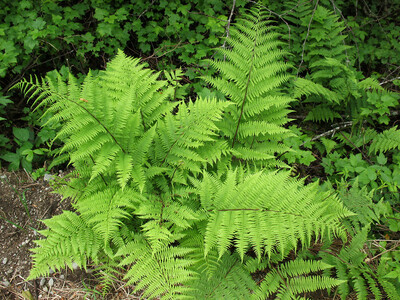 Native Ferns
Native Ferns
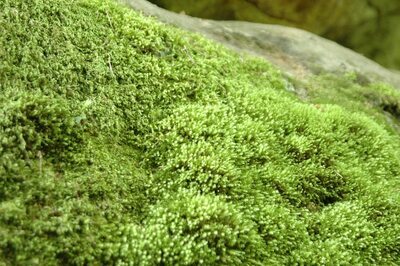 Native Mosses
Native Mosses
 Native Perennials
Native Perennials
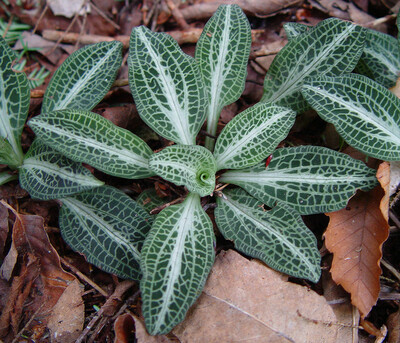 Native Ground Covers
Native Ground Covers
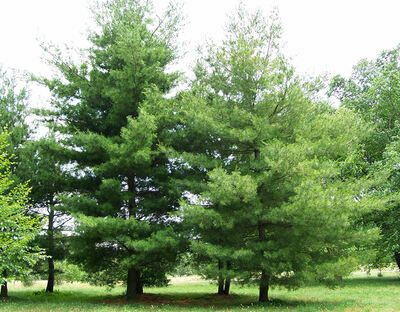 Native Trees
Native Trees
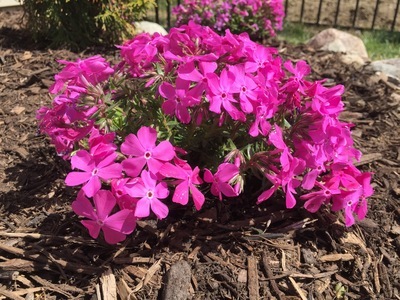 Shop By Zone
Shop By Zone
 Flowering Groundcovers
Flowering Groundcovers
 Evergreen Groundcovers
Evergreen Groundcovers
 Pollinators
Pollinators
 Shop Bloom Color
Shop Bloom Color
 Perennials By Zone
Perennials By Zone
 Medicinal Herb Plants
Medicinal Herb Plants
 Spring Bulbs
Spring Bulbs
 Trillium
Trillium
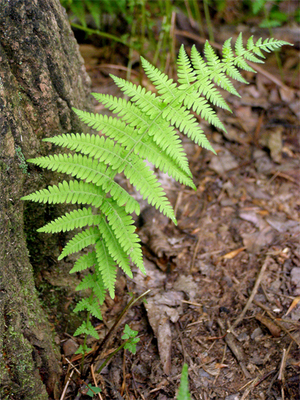 Ferns for Zone 3
Ferns for Zone 3
 Ferns for Zone 4
Ferns for Zone 4
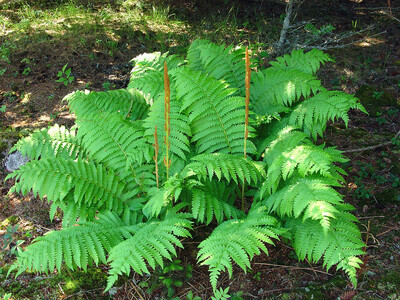 Ferns for Zone 5
Ferns for Zone 5
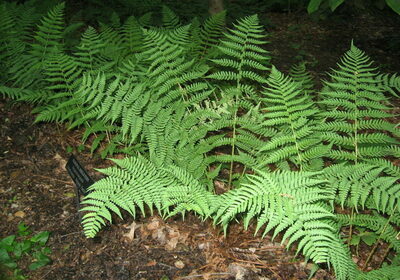 Ferns for Zone 6
Ferns for Zone 6
 Ferns for Zone 7
Ferns for Zone 7
 Ferns for Zone 8
Ferns for Zone 8
 Christmas bows
Christmas bows
 Fresh Wreaths
Fresh Wreaths
 Garlands
Garlands
 Large Pine Cones
Large Pine Cones
 Live Mistletoe
Live Mistletoe
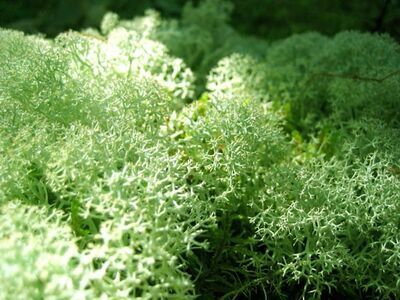 Moss
Moss
 Shop Trees By Zone
Shop Trees By Zone
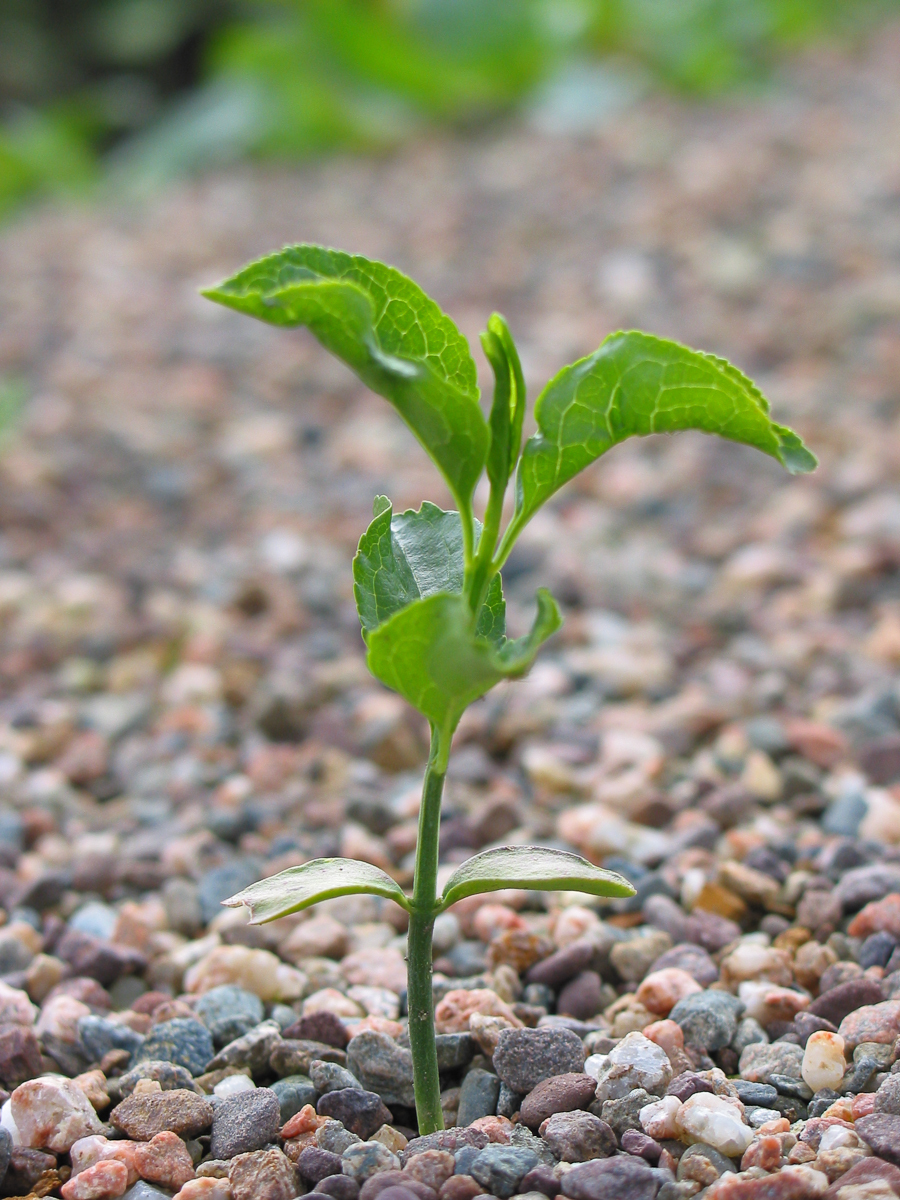 Tree Seedlings
Tree Seedlings
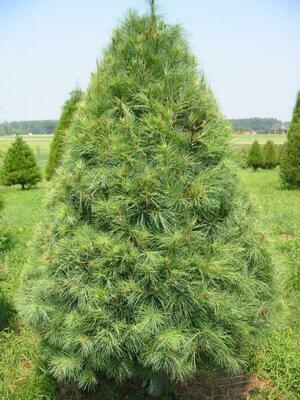 Fast Growing Trees
Fast Growing Trees
 Pine Trees
Pine Trees
 Live Stakes
Live Stakes
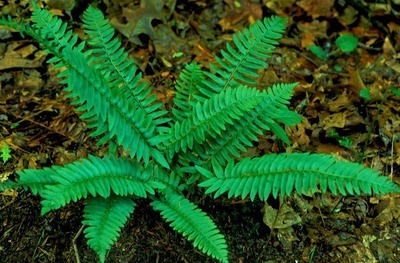 Evergreens
Evergreens
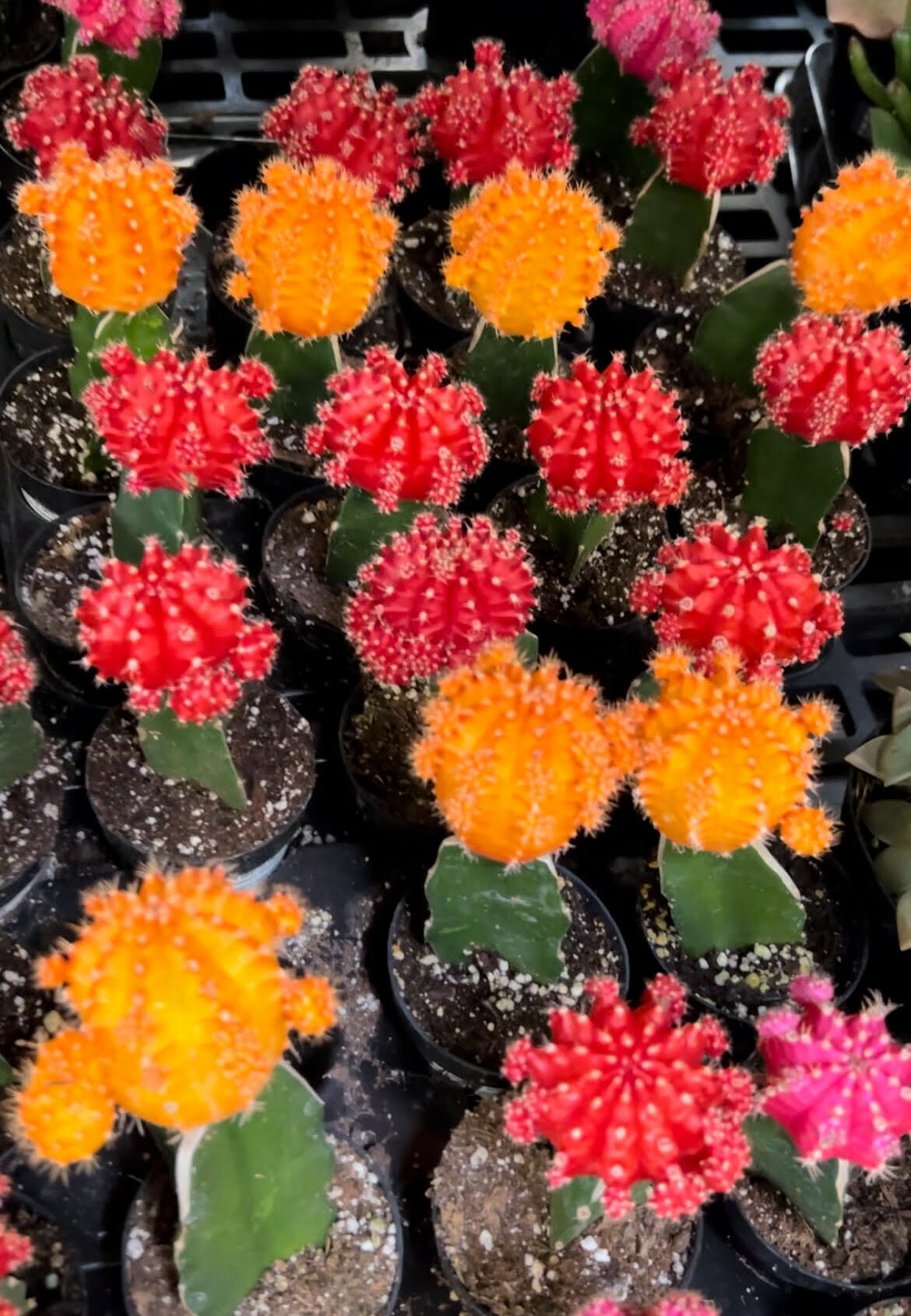 Cactus
Cactus
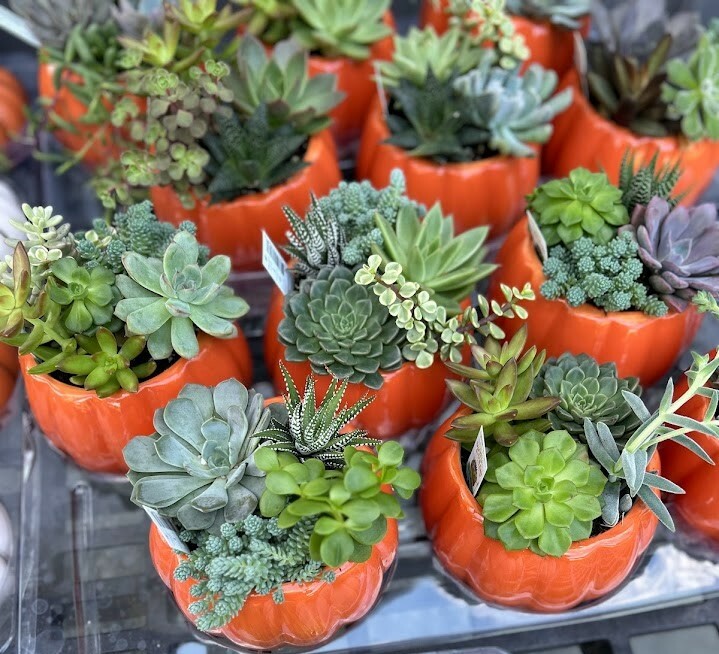 Combos
Combos
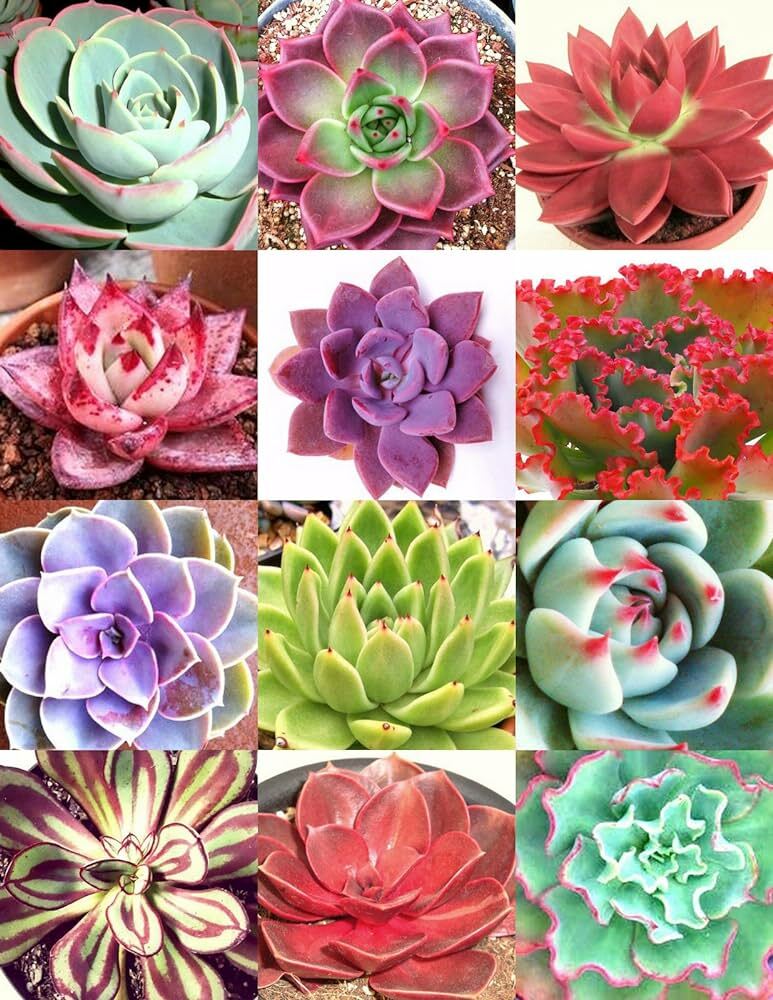 Echeveria
Echeveria
 Haworthia
Haworthia
 Sedum - Stonecrop
Sedum - Stonecrop
